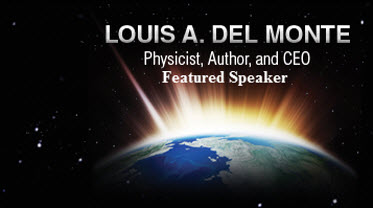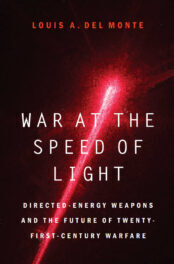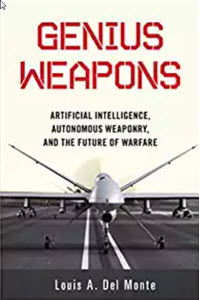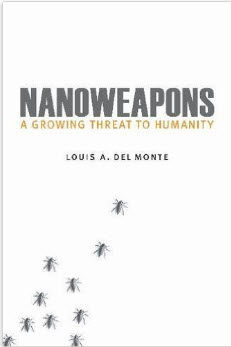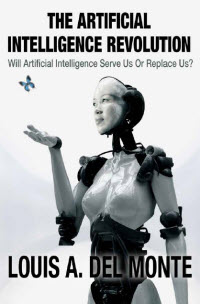In my last post, I stated, “In making the above predictions [about the singularity], I made one critical assumption. I assumed that humankind would continue the “status quo.” I am ruling out world-altering events, such as large asteroids striking Earth, leading to human extinction, or a nuclear exchange that renders civilization impossible. Is assuming the “status quo” reasonable? We’ll discuss that in the next post.
Let’s now discuss if humanity will survive the 21st century.
The typical events that most people consider as causing humanity’s extinction, such as a large asteroid impact or a volcanic eruption of sufficient magnitude to cause catastrophic climate change, actually have a relatively low probability of occurring, in the order of 1 in 50,000 or less, according to numerous estimates found via a simple Google search. In 2008, experts surveyed at the Global Catastrophic Risk Conference at the University of Oxford suggested a 19% chance of human extinction over the next century, citing the top five most probable to cause human extinction by 2100 as:
- Molecular nanotechnology weapons – 5% probability
- Super-intelligent AI – 5% probability
- Wars – 4% probability
- Engineered pandemic – 2% probability
- Nuclear war – 1% probability
All other existential events were below 1%. Again, doing a simple Google search may provide different results by different “experts.” If we take the above survey at face value, it would suggest that the risk of an existential event increases with time. This has led me to the conclusion that human survival over the next 30 years is highly probable.
It is interesting to note in the 2008 Global Catastrophic Risk Conference survey, super-intelligent AI equates with molecular nanotechnology weapons for number one. In my view, molecular nanotechnology weapons and super-intelligent AI are two sides of the same coin. In fact, I judge that super-intelligent AI will be instrumental in developing molecular nanotechnology weapons. I also predict that humanity, in some form, will survive until the year 2100. However, I predict that will include both humans with strong artificially intelligent brain implants and organic humans (i.e., no brain implants to enhance their intelligence). However, each may have some artificially intelligent body parts.
Let me summarize. Based on the above information, it is reasonable to judge humanity will survive through the 21st century.
